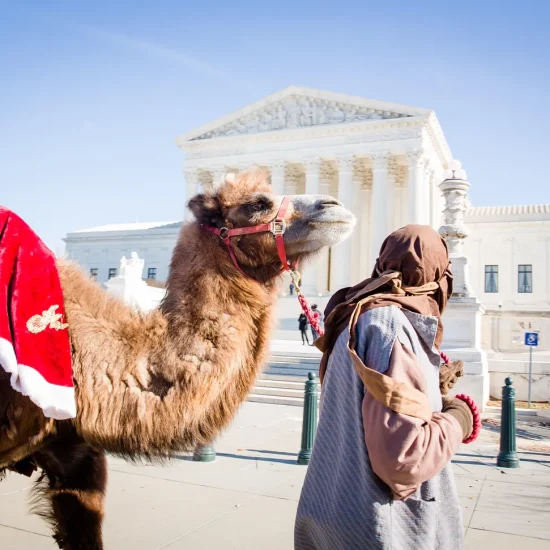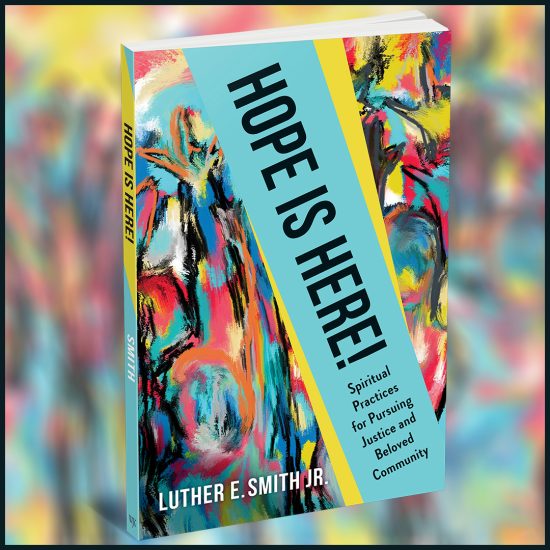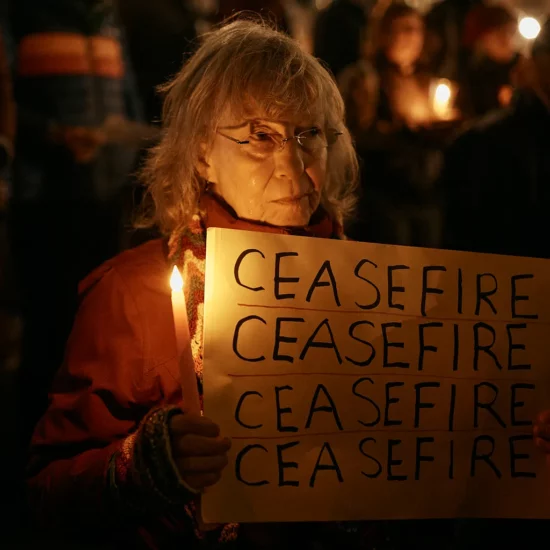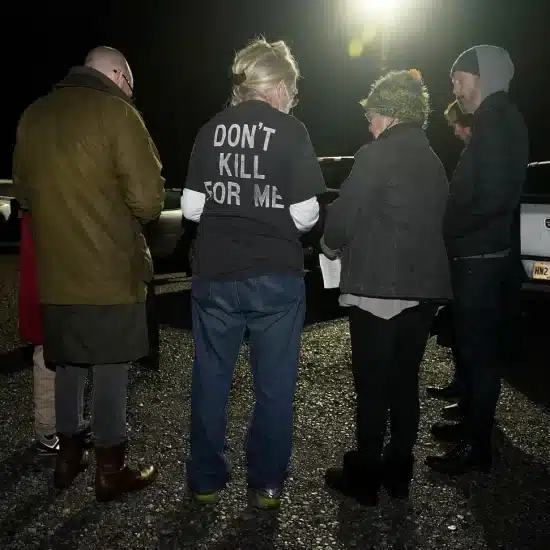One of the themes emphasized through Christmas and Advent — and that we need in the new year — is hope. To hope is to have confidence in something or someone.
 Terrell CarterIn Isaiah 40:1-11, hope had been a fleeting idea for God’s children. They longed for any sign of hope in their lives. They were hopeless because they were experiencing great pain from being overtaken by a stronger military power and were forced to serve this foreign enemy. They pleaded with God to change their circumstances, but it seemed as if God was ignoring their cries.
Terrell CarterIn Isaiah 40:1-11, hope had been a fleeting idea for God’s children. They longed for any sign of hope in their lives. They were hopeless because they were experiencing great pain from being overtaken by a stronger military power and were forced to serve this foreign enemy. They pleaded with God to change their circumstances, but it seemed as if God was ignoring their cries.
But, then, God finally does speak to them and shares the plans that God has for their future. God tells them that they can have hope. In Isaiah 40, the writer announces that there is hope for God’s children. There was finally good news. God, or God’s representative, was on the way to free them from their captivity. Someone would serve as a conduit for God to act on the behalf of God’s children and bring them physical freedom. Hope was coming.
Mark 1:1-8 carries a similar message of hope. During the timeframe that the events in Mark occur, the people of God were once again living under a certain type of hardship. Although they were free physically, they still experienced a certain bondage to the Roman government. They needed to hear a message that their lives would get better, as well.
John the Baptizer arrived on the scene with such a message. But John’s message did not simply emphasize military freedom. Yes, God was aware of the social and military challenges they faced, but the salvation that was headed their way would have implications not just for them, but for the entire world and future generations. John paved the way for Jesus and his message of eternal salvation.
Christmas and Advent are not just about giving presents and reconnecting with loved ones. They are about how God brings hope to people that need it. One of the ways that God brings hope to people in need is through a messenger. God’s practice of using messengers did not end with Isaiah or John the Baptizer. God still uses messengers to distill hope to those who are in need.
The question that each of us is called to consider is are we willing to be used by God as a messenger of hope today? Are you willing to stand, or sit, or tweet, or blog or Facebook the simple message that there is hope for our world? Are you willing to share the message that, although our lives may seem crazy, God has not forgotten about any of us?
Although this good news begins with the birth of a child so many years ago, that is not the end of the good news. That child, the Savior, will come back in the future to restore all things and to make all things new, including our lives and relationships. God will return for us, and God and humankind will exist together. This is the message of hope that we are privileged to share. Our world could use more of this message. Our world could use more messengers like the writer of Isaiah and John the Baptizer. Are you willing to serve as one?
Terrell Carter is assistant professor and director of contextualized learning at Central Baptist Theological Seminary in Shawnee, Kansas, and pastor of Webster Groves Baptist Church in Webster Groves, Mo.






